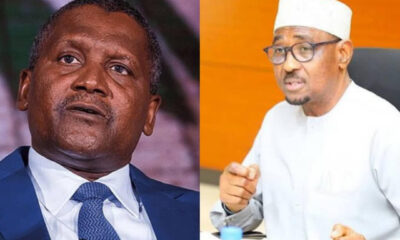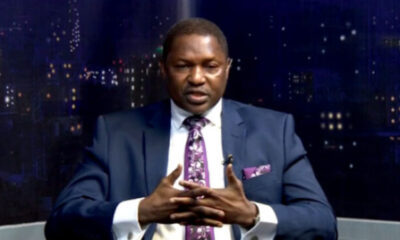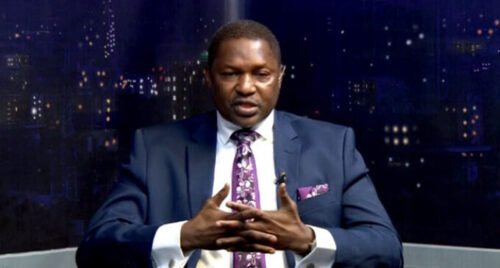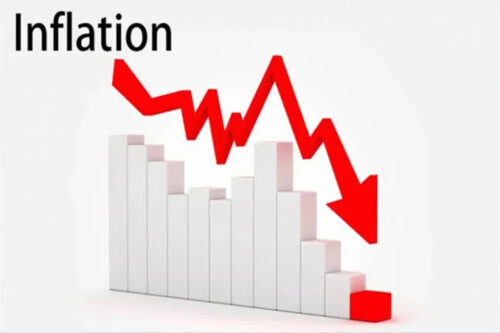BIG STORY
Bitcoin Soars Past $100,000 Amid Trump’s Pro-Crypto Revolution

- /home/porsch10/public_html/wp-content/plugins/mvp-social-buttons/mvp-social-buttons.php on line 27
https://porscheclassy.com/wp-content/uploads/2024/12/NairaEx-Bitcoin-Nigeria.jpg&description=Bitcoin Soars Past $100,000 Amid Trump’s Pro-Crypto Revolution', 'pinterestShare', 'width=750,height=350'); return false;" title="Pin This Post">
- Share
- Tweet /home/porsch10/public_html/wp-content/plugins/mvp-social-buttons/mvp-social-buttons.php on line 69
https://porscheclassy.com/wp-content/uploads/2024/12/NairaEx-Bitcoin-Nigeria.jpg&description=Bitcoin Soars Past $100,000 Amid Trump’s Pro-Crypto Revolution', 'pinterestShare', 'width=750,height=350'); return false;" title="Pin This Post">
-

 BIG STORY23 hours ago
BIG STORY23 hours agoPetrol Price War Turns Dirty As Dangote Accuses NMDPRA Boss Farouk Ahmed Of Paying $5m For His Children Secondary School Fees In Switzerland
-

 BIG STORY17 hours ago
BIG STORY17 hours agoFRSC To Prosecute TikToker Peller Over Alleged Reckless Driving
-

 BIG STORY16 hours ago
BIG STORY16 hours agoBREAKING: Ex-AGF Malami Asks EFCC Chairman Olukoyede To Step Aside, Alleges Bias, Personal Vendetta
-

 BIG STORY1 day ago
BIG STORY1 day agoDangote Names N739 As New Petrol Pump Price
-

 BIG STORY24 hours ago
BIG STORY24 hours agoEFCC Not Weaponized, Don’t Trivialize Anti-Graft War —— Presidency To Opposition Leaders
-

 ENTERTAINMENT20 hours ago
ENTERTAINMENT20 hours agoSeven Doors Wins Big At BON Awards 2025, Farmers Bride Also Shines [Full List Of Winners]
-

 BIG STORY18 hours ago
BIG STORY18 hours agoNigeria’s Inflation Rate Drops For 8th Consecutive Month, Now 14%























